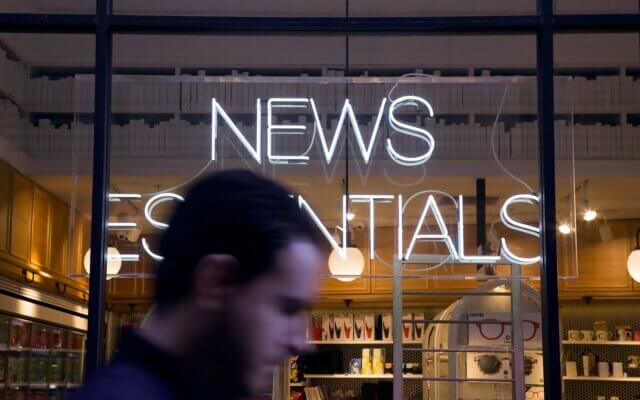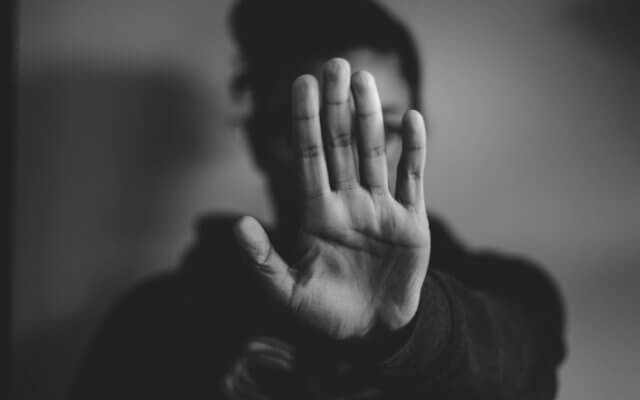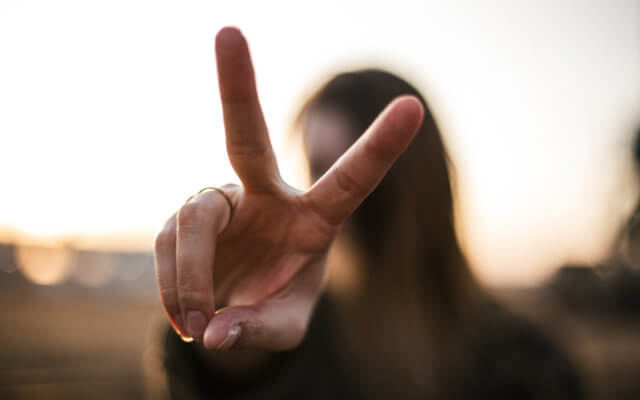ERASMUS+, Key action 1: youth exchange
Dates: 6—14 September 2025
Venue: Skrzetuszewo, jezero Skrzetuszewskie, Poland
Czech team: 5 participants + 1 group leader
Please read the info-pack.
Hosting organisation: Logos NGO
Participating countries: Portugal, Poland, Cyprus, Czech Republic, Germany, Hungary
Project report:
A round moon, a dark sky with bright sparkles, the distant barking of village dogs, the rustling of wind running from the flat muddy fields into the lake reeds. By day, lively debates, the rumble of dishwashers full of pots, laughter, the thud of footballs, chaotic bustle, the creaking of chairs, the summoning song from a loudspeaker, the clinking of glasses and cutlery. This is what the seven-day youth exchange in the Polish village of Skrzetuszewo, focused on mindfulness and mental health, looked like.
Teams from the Czech Republic, Poland, Germany, Hungary, Cyprus, and Portugal took part in the exchange. As usual, the German and Hungarian teams were made up of international students – this time from Afghanistan, Pakistan, India, Kyrgyzstan, and Mongolia. The Portuguese team was international as well, including people from Ukraine.
The project was, as always, co-managed by its participants. The organization here, however, was specific in that we had three rotating teams in charge of cooking, cleaning, and wider organization, which, combined with the option to sleep in tents, created a full-on summer camp atmosphere. The frequent need for self-organization and group leadership sometimes contradicted the project’s theme, which was meant to be about stopping, calming down, reflecting, and detoxing. Yet, if one didn’t cling too much to this goal, it became an opportunity to develop leadership skills or practice coping with stress.
Letting go of the written plan was also necessary due to the weather, which usually opposed itself with a different morning and afternoon face. We often had to cancel planned trips, or on the contrary, introduce them at the last minute. Because of this required flexibility and fairly active participation, the project was, at first, not only for me, unusual and surprising.
The first two days were therefore a bit turbulent, as we searched for competent and willing people to take responsibility for organizing and clarifying the duties of the three teams. The second half of the project, however, was much calmer, as people began to gather organically in the evenings to share life stories, cultural curiosities, current issues in their home countries, or to look for common ground through music, food, or dance.
Over the seven days we went through activities focused on each of the bodily senses, both through non-formal education methods and through personal experience. For example, we worked in groups where we shared which senses were personally most important to us and then presented our findings to other groups. On other days we directly experienced and focused on the senses, becoming more aware of them.
Standing out from these kinds of activities was a morning block led by an external facilitator from Zimbabwe. Under his guidance, standing back-to-back in a cricle with our eyes closed, we shared personal moments when we had experienced discrimination or had been the ones to cause it. Afterwards, we reflected on these stories together as a group.
Another welcome highlight was a trip to Poznań, the historic capital of Poland, and a kayaking trip on Lake Lednica. This lake is historically significant because it was likely where the first historically documented Polish duke, Mieszko I, was baptized – a turning point that led to the spread of Christianity among Poles and strengthened the Polish nobility in building a sovereign state, including royal dynasties. Today, at the supposed site of the baptism in the year 966, there stands a large representation of the Christian fish symbol, around which young Christians, not only from Poland, gather every year for the Lednica 2000 festival.
For me, the project was once again a wonderful opportunity to leave behind the troubles and burdens of everyday life, and to focus, in a safe environment, on exploring both myself and my assumptions, as well as others and their beliefs. During the final reflection, after the YouthPass ceremony, I described the process of getting to know people through a metaphor that still sticks with me:
People from countries I had not yet known, I drew (and willingly or unwillingly still draw) as black-and-white sketches, rough outlines formed from media depictions, full of depersonalized symbols and simplifying slogans. Only the real people I met through the project handed me an eraser, a palette of colors, and a piece of themselves to immortalize. I could then gently erase in some places, redraw in others, and finally paint the images with rich shades and vibrant color compositions.
Thanks to another Erasmus+, I was able to create a full, enriched, and concrete representation that might ultimately resemble me and my own habits much more than it ever seemed possible from a black-and-white sketch. By getting to know people through these projects, their countries and events there become personally closer, more relevant, and their fellow citizens more complex, more colorful, and far harder to generalize.
Pavel D.


